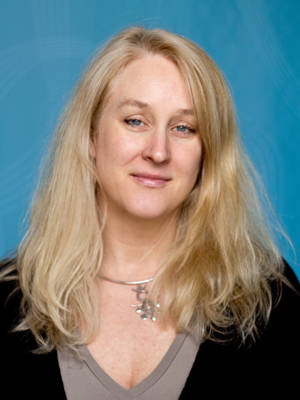PhD project at the Institute of Education, University College London. Supervisor: Dr. Lesley Jane Gourlay
As a contribution to the discourses on the "leaky pipeline" in academia and gender gaps in research productivity, this thesis explores gender, identity and the path to professorship in a research institute in Norway. I examine how a core group of about 12 women, who have finished their doctorates but not yet applied for professorship, both approach their daily workloads and think about longer term career development. As a professional, I had already observed a distinction between fulfilling the formal requirements for professorship (which I called "objective readiness") and being both motivated to apply and reasonably confident of success (which I called "subjective readiness"), and I have used these intuitive concepts to guide my inquiry. Because the primary criterion for professorship is demonstrating a production of academic knowledge of sufficient breadth, depth, and quality, I focus primarily on concrete practices around the production of academic publications. Drawing heavily from academic literacies theory, which sees academic writing as a situated social practice, I use an ethnographic approach to critically explore how this specific group of women, in this specific setting, see themselves, their environments, and their career trajectory, and how these perceptions are reflected in their everyday writing practices. I identify key sites of negotiation where issues of identity and underlying structural power come to the fore. I argue that the path to professorship involves a series of complex negotiations involving different aspects of identity, where gendered structural power plays a mediating role that can both help and hinder objective and subjective readiness.






